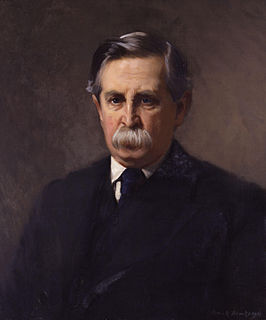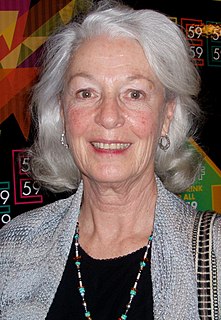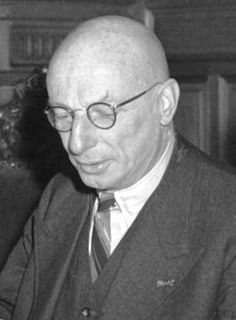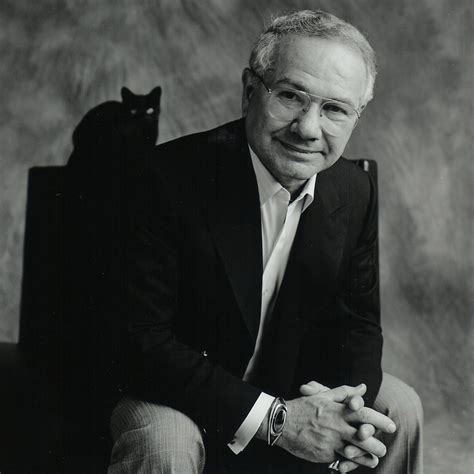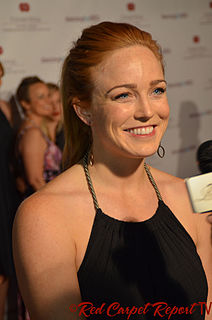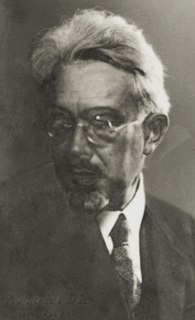A Quote by Alexander Pope
Others import yet nobler arts from France, Teach kings to fiddle, and make senates dance.
Related Quotes
When we teach a child to sing or play the flute, we teach her how to listen. When we teach her to draw, we teach her to see. When we teach a child to dance, we teach him about his body and about space, and when he acts on a stage, he learns about character and motivation. When we teach a child design, we reveal the geometry of the world. When we teach children about the folk and traditional arts and the great masterpieces of the world, we teach them to celebrate their roots and find their own place in history.
You know, if you really want to fiddle the old-time way, you've got to learn the dance. The contra-dances, hoedowns. It's all in the rhythm of the bow. The great North Carolina fiddle player Tommy Jarrell said, 'If a feller can't bow, he'll never make a fiddler. He might make a violin player, but he'll never make no fiddler.'
We are not simply intellectual creatures. We wish to make love, to enjoy a gourmet dinner, to jog in the park, to cheer lustily at a ball game, to engage in spirited conversation with our friends, to play bridge or tennis, travel to exotic places, struggle with others to build a better world, and to enjoy the arts. The arts are so vital because they help to make life worth living. Music, poetry, literature, paintings, dance, and the theater are among our richest joys...The fine arts contribute immeasurably to the good life and that is why we cherish them.
The dance is the most universal of the arts, since, as Goethe justly said, it could destroy all the fine arts. It is an expression of all the emotions of the spirit, from the lowest to the highest. It accompanies and stimulates all the processes of life, from hunting and farming to war and fertility, from love to death. It enables, in turn other arts to come into being: music, song, drama. Despite all their riches, the dance is no formless complex, but a simple unity.
To really talk about African story, and teach this story, you have to teach that tribes were actually nations. You have to teach that chiefs were actually kings, with kingdoms. You have to teach that there was a structure that worked in Africa prior to colonialism. You have to teach that countries were colonized that were doing fine by themselves. And that's uncomfortable.


